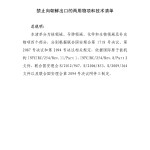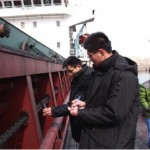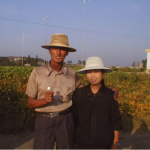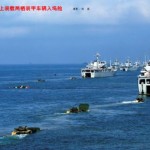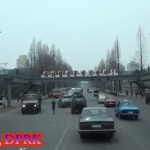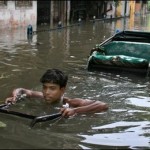
Saleem Janjua stresses the need for creation of some innovative climate adaptation networks amongst South Asian countries working on climate adaptation. Practitioners, researchers, and policy-makers from across the South Asian region will be able to collaboratively use such networks to share evidence-based understandings from which they can design solutions to the many problems that will face people and places in coping with climate change.
Saleem Janjua is a Nautilus Institute Associate, the editor of the Climate Change Adaptation bi-weekly report (ADAPTNet) and a contributor to Nautilus’ Weekly Report.


